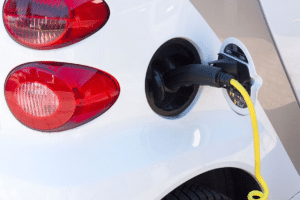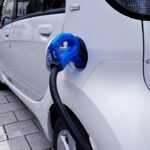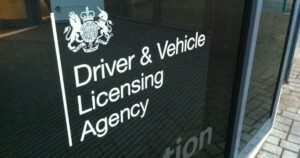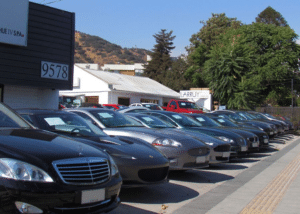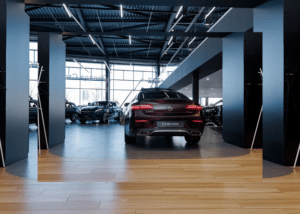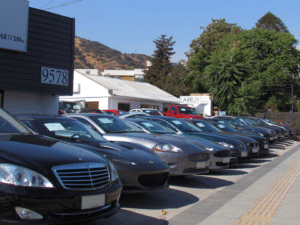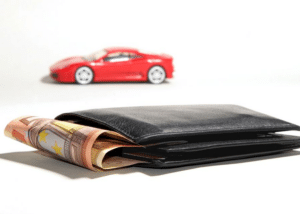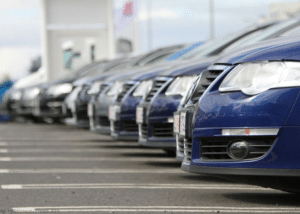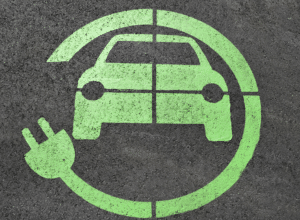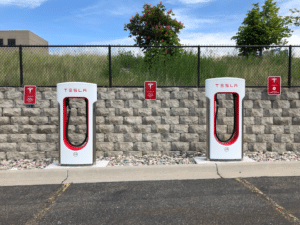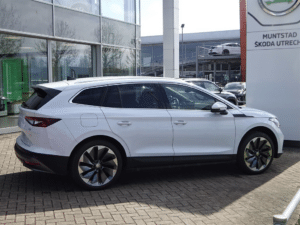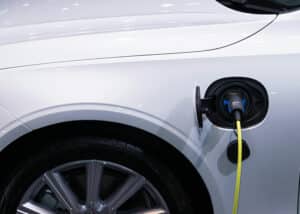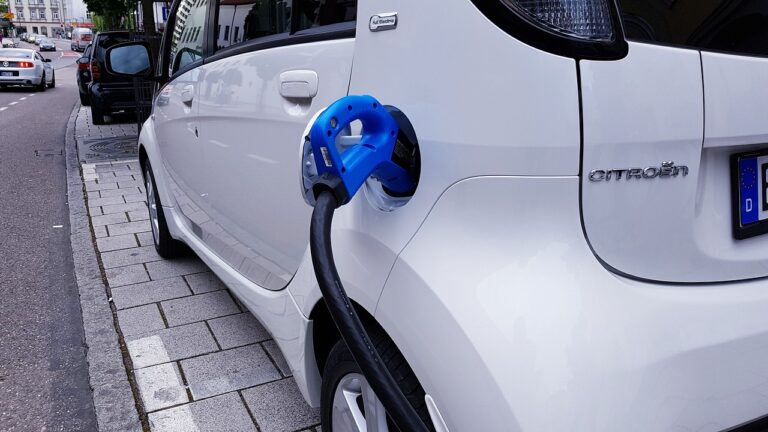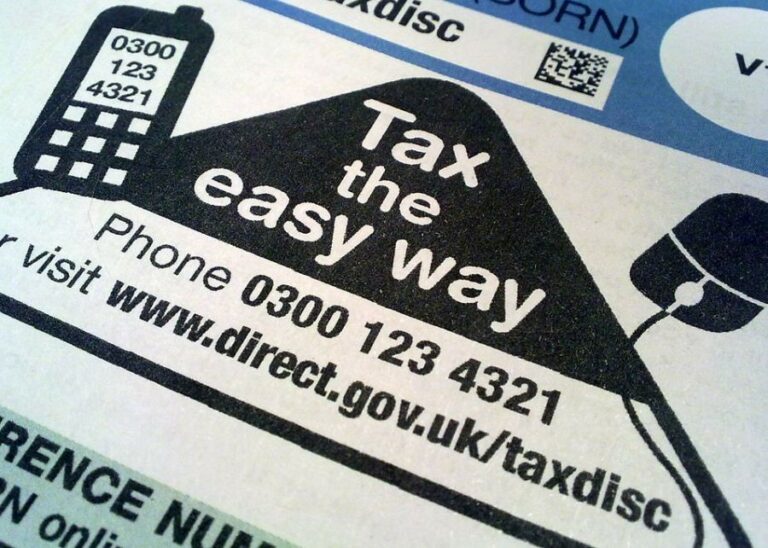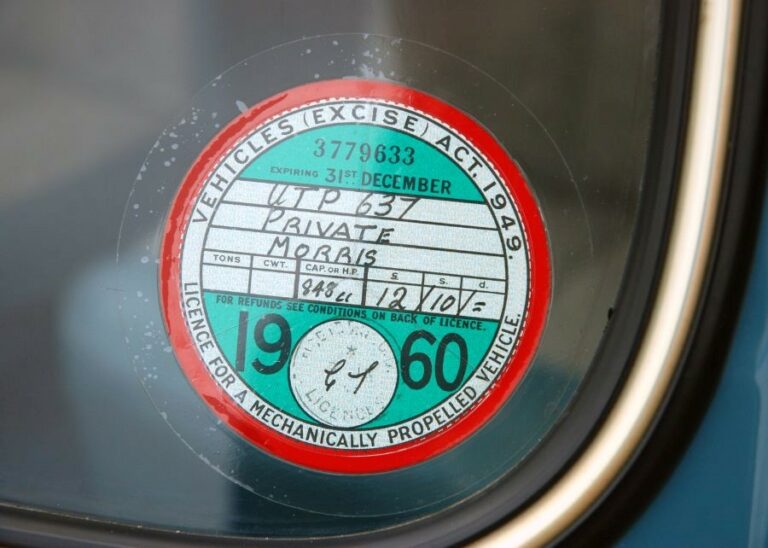According to This Is Money, some EV models are being sold with up to 24% off the list price, as dealers try to boost sales amid waning demand. This is a sign that consumer interest in EVs is going flat despite the government’s plan to ban sales of new petrol and diesel cars from 2030.
If you are interested in buying an EV, this might be a good time to bag yourself a bargain. However, you might want consider the pros and cons of owning an EV, such as the environmental benefits, the running costs, the maintenance, and the battery life.
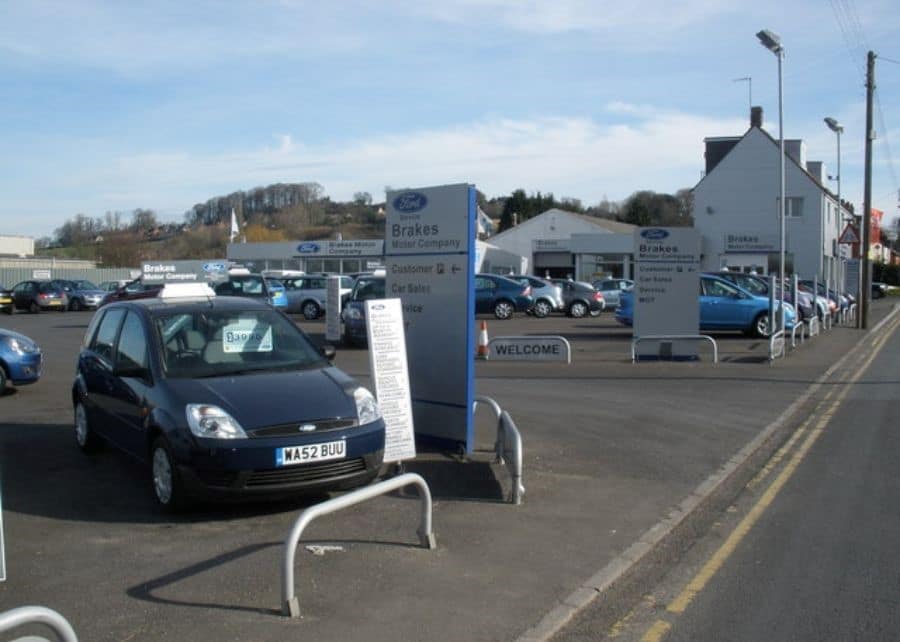
How much has the average discount on a new EV increased by?
According to market analysis by What Car?, the average discount on a new EV has increased by 204% since last January. This means that the percentage of the original price that is offered as a discount has increased. For example, if a car costs £30,000 and the dealer offers a 10% discount, the price is reduced by £3,000. If the dealer increases the discount to 20%, the price is reduced by £6,000. That is a 200% increase in the discount, but only a 10% reduction in the price.
The actual prices of EVs vary depending on the model, the demand, and the availability. Some EV models, such as the Citroen e-C4 and e-C4 X, are currently offered with 0% APR on PCP, says Buy A Car, which means that the buyer does not have to pay any interest on the loan. However, this also requires a large deposit of 40% of the car’s value. Other EV models, such as the Nissan Leaf, the Renault Zoe, and the Peugeot e-208, have cash savings of up to 24%, which is still a significant amount, but not as dramatic as 200%, says This Is Money.
What’s triggered makers to offer huge EV discounts?
There are several factors that have contributed to the increase in EV discounts, according to What Car?. Some of them are:
- The upcoming ZEV Mandate, which will require car manufacturers to sell a certain percentage of zero-emission vehicles (ZEVs) in the UK from 2024. This will create pressure on car makers to boost their EV sales and market share, and may lead to more incentives and discounts for buyers, says CNBC.
- The low uptake of EVs among private buyers, who still prefer petrol and diesel cars for various reasons, such as cost, range anxiety, and lack of charging infrastructure. This means that car dealers have to lower their prices to attract more customers and clear their inventories, says What Car?.
- The competition among EV models, which has increased with the launch of new and improved versions of electric cars, such as the Citroen e-C4, the Genesis GV60, and the BMW iX3. This gives buyers more options and bargaining power, and forces car makers to offer more attractive deals and features.
These are some of the main reasons why EV discounts have gone up in the past year. If you are interested in buying an EV, this could be a great opportunity to take advantage of these offers and find the best deal for your budget and needs.
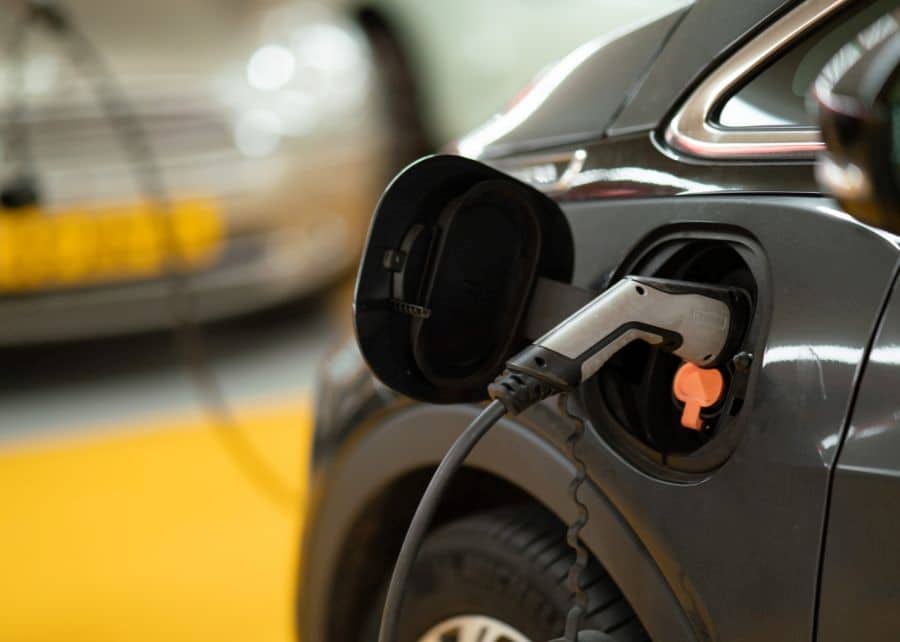
Electric cars with the biggest dealer discounts last month
According to This Is Money, the electric cars with the biggest dealer discounts last month were:
- Vauxhall Mokka Electric: The 100kW Design 50kWh version had a retail price of £36,610, but dealers offered it for £28,231 – a saving of almost £8,400, or 23.5%.
- Nissan Leaf: The 110kW Acenta version had a retail price of £28,820, but dealers offered it for £24,715 – a saving of £4,105, or 14.2%.
- Renault Zoe: The R135 100kW Iconic version had a retail price of £31,095, but dealers offered it for £28,361 – a saving of £2,734, or 8.8%.\|s
These are some of the best electric car deals available last month. If you are interested in buying an EV, you might want to check out the latest new car deals near you to find more discounts and offers.
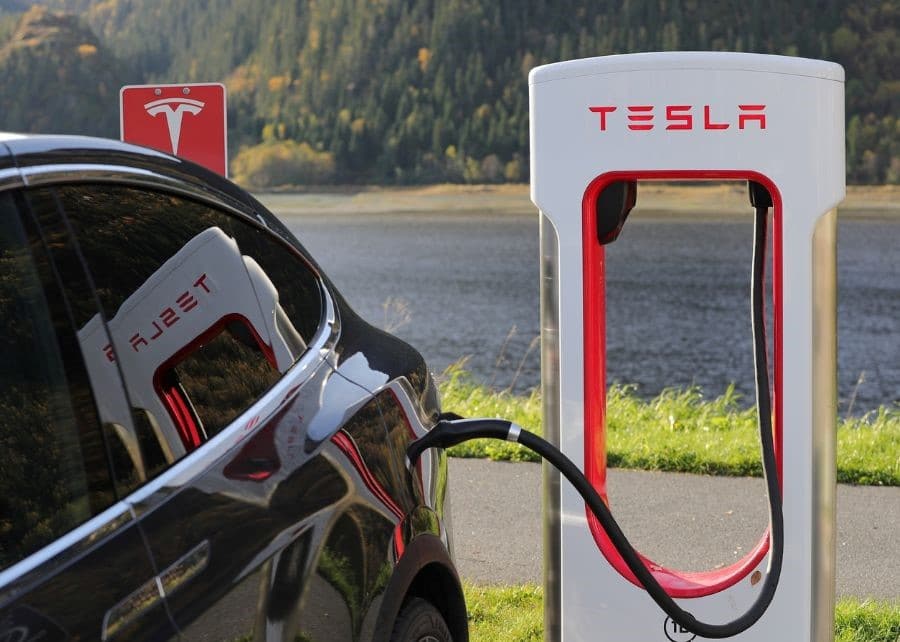
What are the reasons for decline in EV demand
There are several reasons why the demand for EVs may be declining. Some of them are:
- High upfront costs of EVs. Many people find EVs too expensive to buy compared to petrol and diesel cars, even though they are cheaper to run in the long term.
- Limited access to charging infrastructure. Some people are worried about the availability and reliability of public charging points, especially in rural areas or during peak times, says USA Today.
- Concerns about EV range. Some people are afraid that EVs will not have enough battery capacity to travel long distances or in extreme weather conditions, and that they will take too long to recharge.
- Rising energy costs and reduced fuel prices. Some people may be discouraged from buying EVs due to the increase in electricity bills and the decrease in gasoline and diesel prices, which make EVs less attractive financially, says Capital Monitor.
- Competition from Tesla and interest rates. Some car makers may be offering lower discounts or incentives for EVs due to the pressure from Tesla’s market dominance and the rising interest rates, which affect their profitability and sales strategies.
These are some of the main factors that may be affecting the demand for EVs. However, the EV market is still growing and evolving, and there may be new developments and opportunities in the future.
These factors may have influenced the preferences and intentions of drivers who are planning to buy a new or used car this year. According to a poll of 15,000 motorists by AA cars, only 18% intend to buy an EV next, down from 25% last year.
Similarly, a survey by the Department for Transport (DfT) found that only 57% of respondents are ‘fairly likely’ or ‘very likely’ to purchase or lease an EV sometime in the future. However, these surveys do not necessarily reflect the actual sales data of EVs, which may be affected by other factors such as supply constraints, consumer incentives, and market competition.
Therefore, the decline in EV demand could just be a temporary setback or it could be a long-term trend. It depends on how the industry and the Government address the challenges and opportunities of the transition to a low-carbon transport sector, we shall wait and see.



















